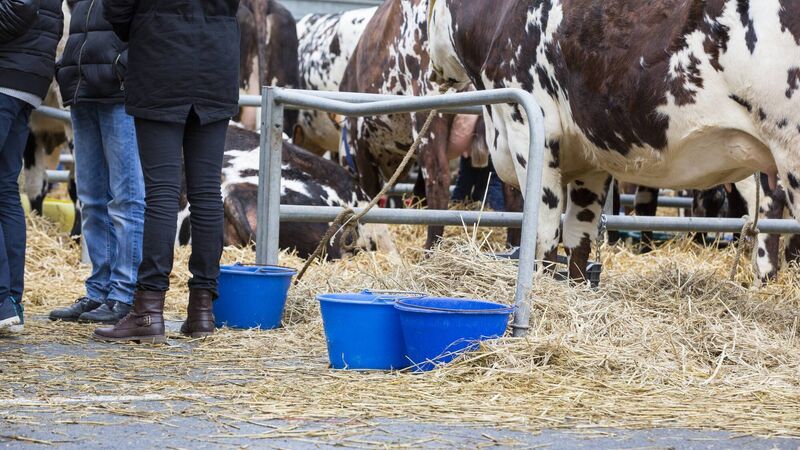Michael Clifford: Government thinks climate change is happening on another planet

Last week, Micheál Martin intervened in a planning row over a cheese plant.
Can you eat cheese while talking out of both sides of your mouth? The Taoiseach appears to think so.
Last week, Micheál Martin intervened in a planning row over a cheese plant.
CLIMATE & SUSTAINABILITY HUB

















